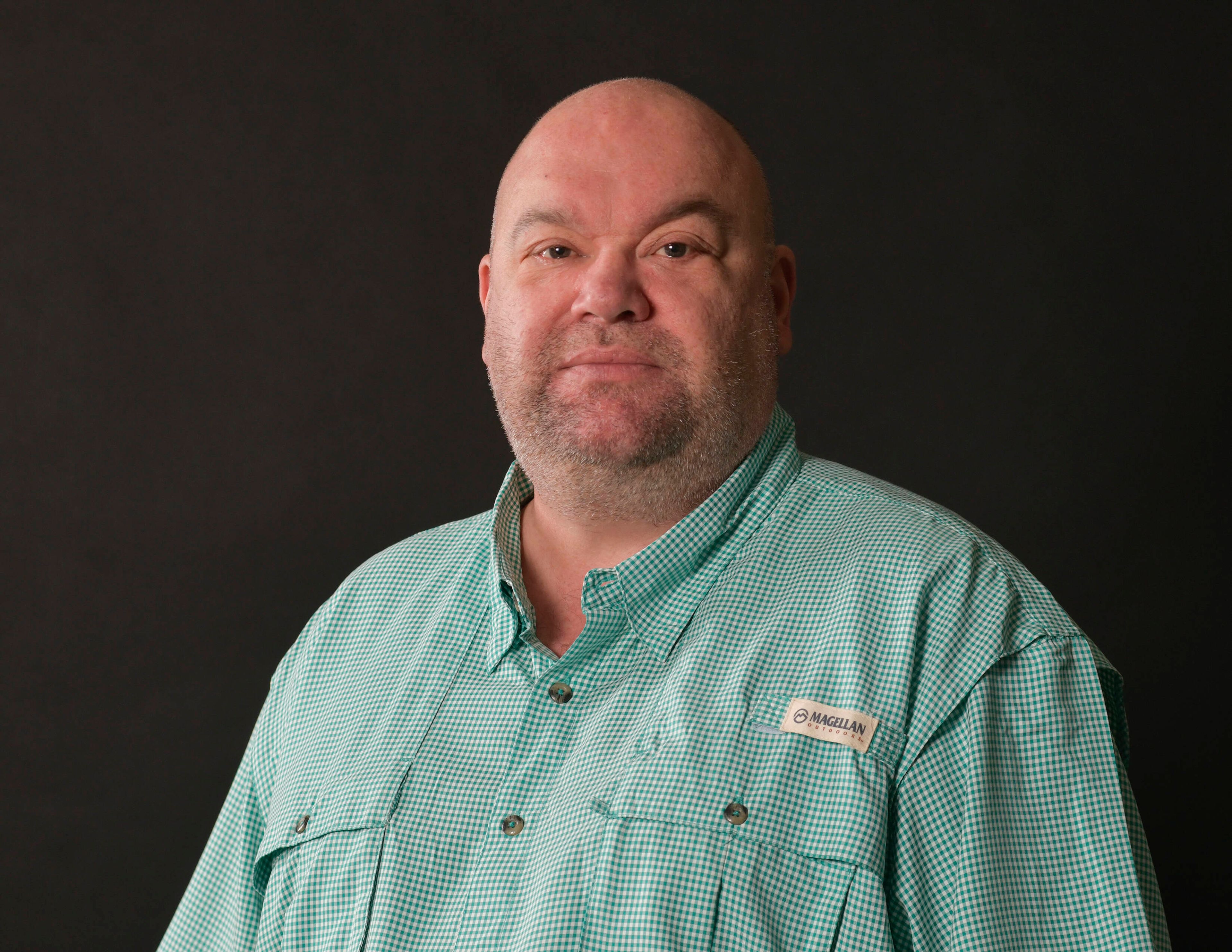Hawley says he will object to electoral votes during certification process
Missouri’s junior U.S. senator announced Wednesday he will object during the Jan. 6 certification of the Electoral College vote in this year’s presidential election. “I cannot vote to certify the electoral college results on Jan. 6 without raising the fact that some states, particularly Pennsylvania, failed to follow their own state election laws. ...
Missouri’s junior U.S. senator announced Wednesday he will object during the Jan. 6 certification of the Electoral College vote in this year’s presidential election.
“I cannot vote to certify the electoral college results on Jan. 6 without raising the fact that some states, particularly Pennsylvania, failed to follow their own state election laws. And I cannot vote to certify without pointing out the unprecedented effort of mega corporations, including Facebook and Twitter, to interfere in this election, in support of Joe Biden,” he said in a release. “At the very least, Congress should investigate allegations of voter fraud and adopt measures to secure the integrity of our elections. But Congress has so far failed to act. For these reasons, I will follow the same practice Democrat members of Congress have in years past and object during the certification process on January 6 to raise these critical issues.”
Hawley, a Republican, cited similar objections from congressional Democrats in past certifications.
“Following both the 2004 and 2016 elections, Democrats in Congress objected during the certification of electoral votes in order to raise concerns about election integrity,” he said. “They were praised by Democratic leadership and the media when they did. And they were entitled to do so. But now those of us concerned about the integrity of this election are entitled to do the same.”
It was not clear whether Hawley expects Congress to override the Electoral College vote, which went in Democrat Biden’s favor 306 to 232, or is using the certification process to draw attention to allegations of election fraud.
According to the Congressional Research Service, if at least one member of the U.S. House of Representatives and at least one member of the U.S. Senate object to a state’s electoral votes, each chamber will debate the objection for two hours and then vote on whether to accept or reject the objection. The votes rely on a simple majority. Both chambers must agree to accept the objection for Congress to not accept a state’s electoral votes. Democrats have a majority in the House, while Republicans have a majority in the Senate.
Several House Republicans have voiced their plan to object to some states’ electoral votes.
U.S. Sen. Roy Blunt, Missouri’s senior senator, also a Republican, has not publicly commented on whether he will object to any state’s electoral votes.
Eighth District Rep. Jason Smith, a Republican, last week called for a special counsel to investigate allegations of election fraud but has not publicly commented on whether the intends to object to any electoral votes.
Connect with the Southeast Missourian Newsroom:
For corrections to this story or other insights for the editor, click here. To submit a letter to the editor, click here. To learn about the Southeast Missourian’s AI Policy, click here.











